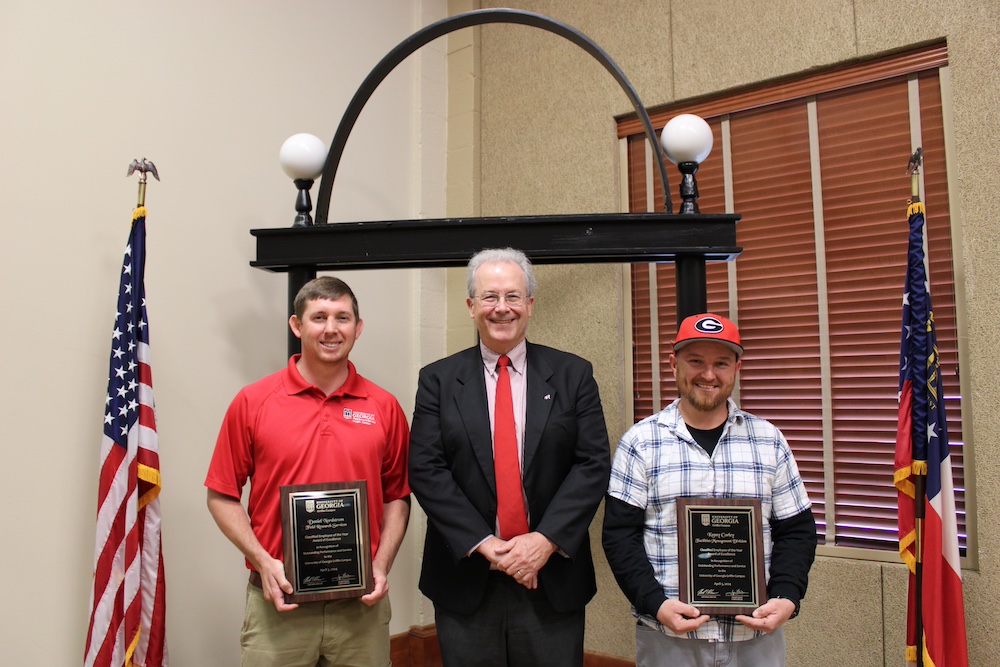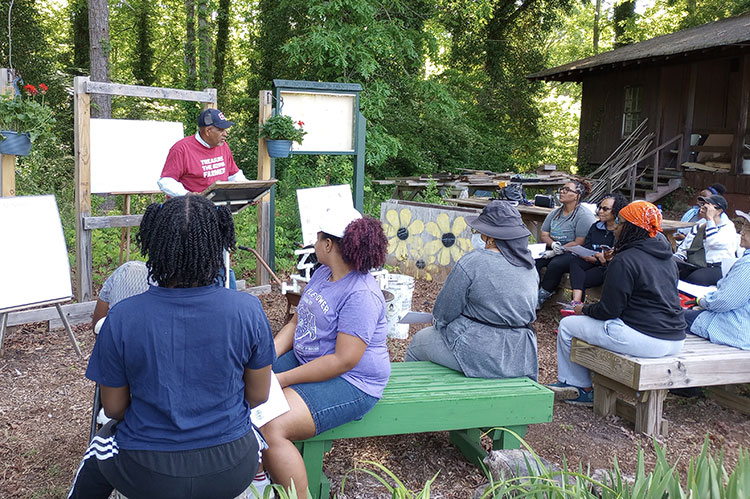So, for you gardeners, here are a few yard and garden resolutions - just for consideration, mind you! I know you have your own.
Regardless of the type of yard or garden, proper planning is the key to success. Outstanding gardens and landscapes rarely happen by accident. So if you propose new plants for 2001, draw up a plan this winter.
The No. 1 Factor
Please consider the No. 1 factor. How much water does it need? Other factors to consider are the height and spread, hardiness, preferred habitat and maintenance needs of the plants.
Winter is a great time to put together a maintenance calendar, too, for existing landscape plantings and the vegetable garden. This will assure that they're cared for properly and remain attractive and productive.
Depending on what types of plants exist or may be in future plans, consider pruning, fertilizing, weed control, dividing and reseeding, and how these practices fit into your schedule.
Pest Management, Too
Another important thing to put into your yard and garden resolutions should be sound pest management practices in 2001. Start by always identifying the problem, then looking at possible ways to manage it. Management may or may not include pesticide use.
When using pesticides, resolve to always use extreme care and follow all label directions. The label tells you how to mix, apply, store and otherwise handle the product. Don't assume pesticides will be the "cure-alls" to problems. Consider them as one potential tool in a complete plant-management program.
Yard, Garden Soils
Think about improving yard and garden soils in 2001. Poor drainage, compaction, low pH (acidic), lack of nutrients and large amounts of clay are among the problems facing landscape and vegetable-garden soils. Consider soil testing, adding organic matter and following proper watering and fertilizing programs in 2001.
One important resolution is to maintain your landscape with less water. Think about drip irrigation combined with mulches. You can't beat it.
Another gardening year, which saw a variety of problems showing up on yard and garden plantings, has passed. A lack of water was by far the most pressing problem in Georgia gardens.
We're still going to enjoy gardening. Let's just do it more wisely.






